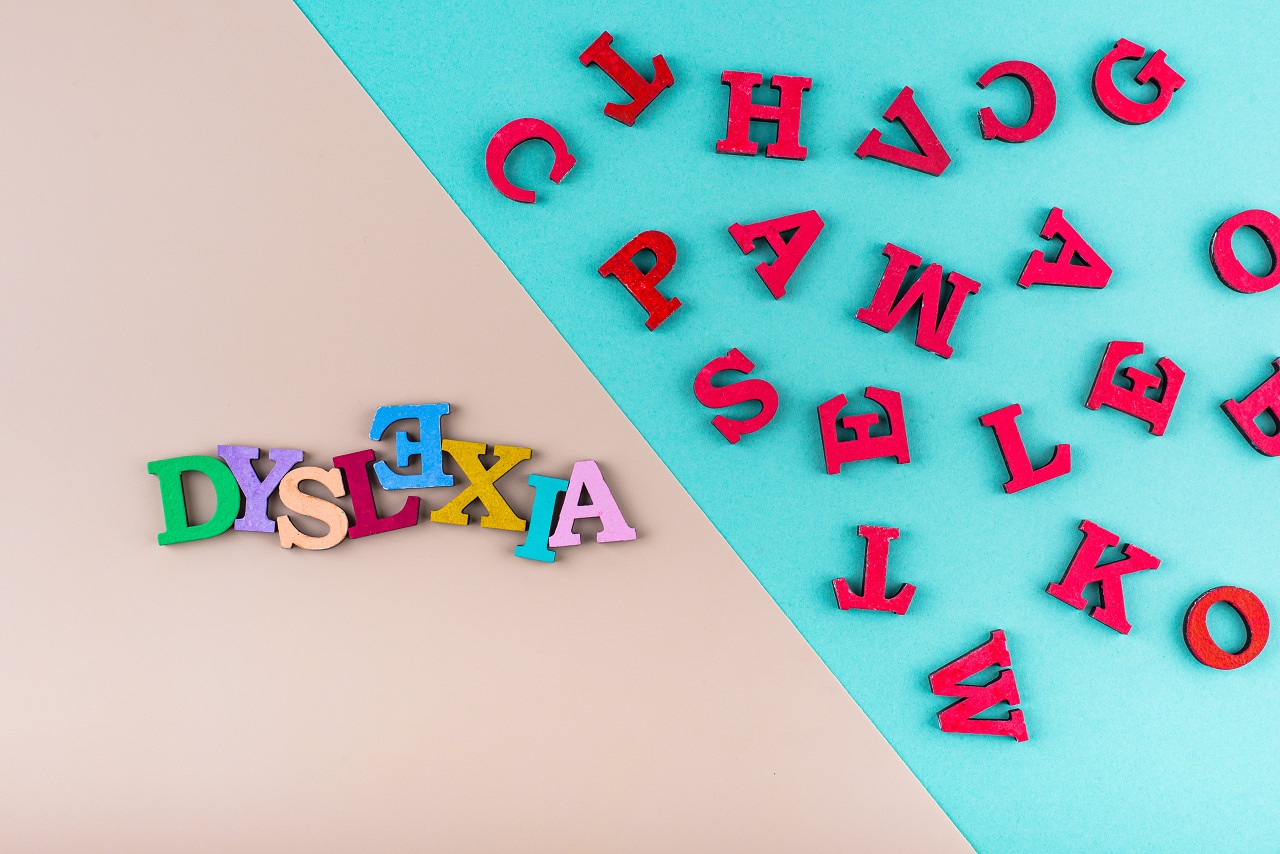A professional assessment is often necessary to find out if you have dyslexia. It is very important to share with your doctor the symptoms you observe in yourself.
Dyslexia is a type of learning disability and is characterized by difficulties with reading, writing and language skills. Dyslexia is usually diagnosed after a series of tests and assessments. Here are ways to find out if you have dyslexia and the steps to follow:
Observe Symptoms of Dyslexia in Yourself or Your Child
Symptoms of dyslexia can vary from person to person, but common symptoms include
- Difficulty reading and writing
- Writing letters and words backwards (for example, confusing the letters 'b' and 'd')
- Slow reading and comprehension difficulties
- Mispronouncing words
- Skipping letters or words while typing
- Short-term memory problems
- Confusion about direction and time
If you have a suspicion that you have dyslexia or you think your child has dyslexia, we have shared two sample tests for you below.

SAMPLE COGNITIVE TEST FOR DYSLEXIA
1. Memory Test
Read the words below. Spend 1 minute trying to memorize these words, then write them down on a piece of paper.
Apple
Table
Dog
Book
Shoe
Tree
Telephone
Pencil
Car
Window
Evaluation:
8-10 words: Excellent memory
5-7 words: Good memory
2-4 words: Medium memory
0-1 word Poor memory
2. Numerical Operation Test
Solve the following math problems.
15 + 28 = ?
72 - 19 = ?
9 x 6 = ?
81 ÷ 9 = ?
Assessment:
Solving all questions correctly: Excellent numerical processing skills
3 correct Good numeracy skills
2 correct Intermediate numerical processing skills
0-1 is correct: Poor numerical processing skills
3. Word Fluency Test
In 60 seconds, write as many words as possible starting with the letter 'B'.
Assessment:
15 or more words: Excellent word fluency
10-14 words: Good word fluency
5-9 words: Moderate word fluency
0-4 words: Poor word fluency
4. Visual Processing Test
Determine which shape should appear in the empty box in the sequence of shapes below.
Shape Sequence: ◯, ◯, ⬛, ◯, ◯, ⬛, ◯, ◯, ?
Options:
A) ◯
B) ⬛
C) △
D) ⬤
Answer:
B) ⬛
5. Logic and Problem Solving Test
Solve the following logic question:
A train is traveling at 60 km/h towards a city. At the same time, another train leaves the same city at 40 km/h and is going in the opposite direction. How many kilometers will the two trains be 3 hours later?
Answer:
60 km/h x 3 hours = 180 km
40 km/h x 3 hours = 120 km
Total distance: 180 km + 120 km = 300 km
6. Attention and Concentration Test
Count how many 'F's there are in the sentence below:
“Finished files are the result of years of scientific study combined with the experience of many years.”
Answer:
6 'F' letters
7. Short Term Memory Test
Read the number below and try to remember it after closing.
472839
Evaluation:
If you remembered the number: Your short-term memory is good
If you cannot remember the number: You may need to improve your short-term memory.

SAMPLE DYSLEXIA SCREENING TEST
Reading and Writing
Yes / No: Do you have difficulty reading or is your reading speed slow?
Yes / No: Do you write words backwards or mix up letters (for example, 'b' and 'd')?
Yes / No: Do you skip letters or words when writing?
Yes / No: Do you have difficulty understanding written texts?
Yes / No: Do you pronounce words incorrectly?
Writing and Spelling
Yes / No: Do you often make spelling mistakes while writing?
Yes / No: Do you mix up the letters or change the order of words?
Yes / No: Is your handwriting illegible?
Language and Speech
Yes / No: Do you find it difficult to learn new words?
Yes / No: Do you have difficulty remembering or expressing words?
Yes / No: Do you often pause between words when speaking?
Memory and Concentration
Yes / No: Do you have poor short-term memory (e.g. do you quickly forget information you have recently learned)?
Yes / No: Do you find it difficult to follow instructions?
Yes / No: Do you have difficulty focusing on a task for long periods of time?
Math and Time Management
Yes / No: Do you have difficulty solving math problems?
Yes / No: Do you confuse numbers or arithmetic operations?
Yes / No: Do you have difficulty managing time and organizational skills?
Direction and Coordination
Yes / No: Do you confuse left and right directions?
Yes / No: Do you have difficulty with activities that require physical coordination (e.g. sports)?
EVALUATION
If you answered “Yes” to many questions, you may be showing signs of dyslexia. In this case, it is recommended that you seek a comprehensive assessment with an educational specialist, psychologist or neuropsychologist.








